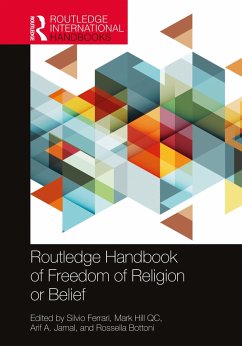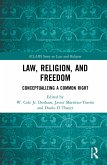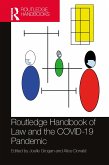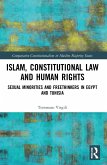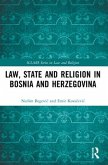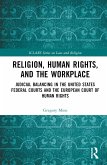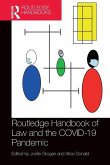Freedom of religion is an issue of universal interest and scope. However, in the last two centuries at least, the philosophical, religious and legal terms of the question have been largely defined in the West. In an increasingly global world, widening our knowledge of this right's roots in different cultural and legal systems becomes a priority. This Handbook seeks to attain this goal through a better understanding of the historical roots and expressions of the right to freedom of religion on the one hand and, on the other, of its theological background in different religious traditions. History and theology provide the setting for the analysis of the politics of freedom of religion, that is, how this right is used in the context of the dialogue/confrontation between countries placed in different cultural regions of the world, and of the legal strategies and tools that have been developed and are employed to protect and foster the right to freedom of religion. Behind these legal and political strategies, there is an ongoing debate about the nature of this right, whose main features are explored in the final section.
Global, historical and interdisciplinary in approach, this book studies the new relevance of freedom of religion worldwide and develops suitable categories to analyze and understand the role that freedom of religion can play in managing religious and cultural diversity in our societies. Authored by experts, through the contributions collected in these chapters, scholars and students will be able to broaden and deepen their knowledge of the right to freedom of religion and to develop the ability to go beyond the borders of the different cultural environments in which this right took shape and developed.
Global, historical and interdisciplinary in approach, this book studies the new relevance of freedom of religion worldwide and develops suitable categories to analyze and understand the role that freedom of religion can play in managing religious and cultural diversity in our societies. Authored by experts, through the contributions collected in these chapters, scholars and students will be able to broaden and deepen their knowledge of the right to freedom of religion and to develop the ability to go beyond the borders of the different cultural environments in which this right took shape and developed.

